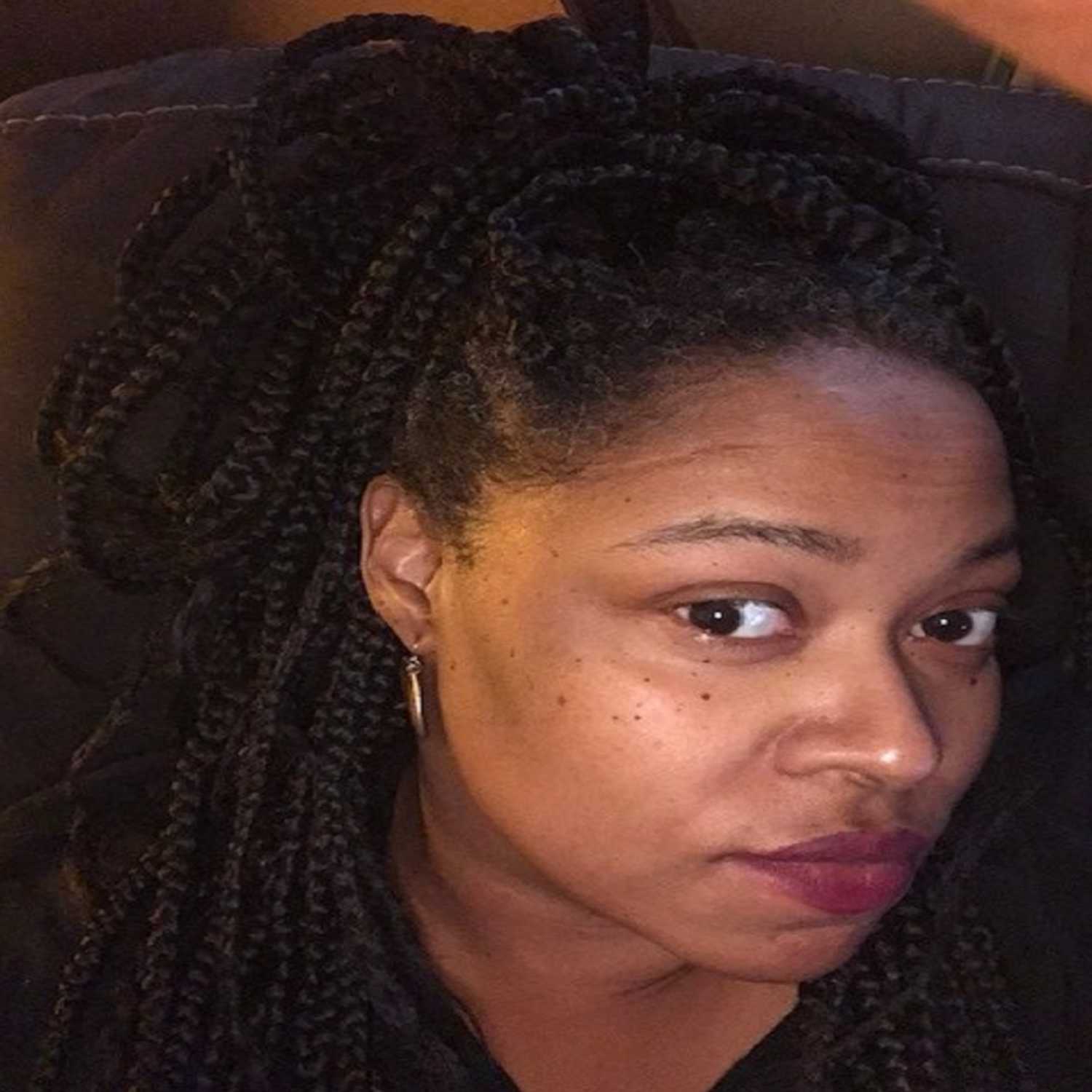This is just my opinion, we love all regardless of color, race, gender, Some attributes of the black panther party Beyond their political activism, the BPP implemented dozens of community initiatives, or "survival programs," to meet the immediate needs of Black communities. Free Breakfast for School Children: The BPP launched this program in 1969 to address child hunger and poverty. This provided nutritious meals to thousands of underprivileged children across the country, influencing the government to expand its own school food programs.Free People's Health Clinics: The party established medical clinics to provide free, community-based healthcare to residents who lacked access to quality medical services. They offered services such as check-ups, screenings, and vaccinations, and pioneered large-scale sickle-cell anemia testing.Liberation Schools: In addition to providing after-school and summer programs, the BPP established its own full-time schools, such as the Oakland Community School, to provide children with an equitable education. The curriculum emphasized Black history and critical thinking, which was often excluded from public education at the time.Additional initiatives: Other programs included free food giveaways for families and seniors, free clothing and transportation services, and drug and alcohol rehabilitation. Police brutality and self-defenseThe BPP was founded to combat police brutality in Black neighborhoods and asserted the right to armed self-defense. Patrolling the police: BPP members patrolled their communities while openly carrying weapons, as was legal under California law at the time. Their "cop watch" program monitored and documented police activity, helping to make police violence a national issue and paving the way for modern-day police oversight.Holding police accountable: The BPP's actions drew attention to the systemic violence and misconduct of law enforcement. The FBI's illegal counterintelligence program (COINTELPRO), which targeted the Panthers, later came under public scrutiny. The BPP's political platform, the "Ten-Point Program," laid out a comprehensive vision for social and economic change. Advocating for systemic change: The program's demands addressed issues of employment, housing, education, and the justice system, challenging the capitalist system and calling for reparations.Building coalitions: Despite being a Black nationalist group, the Panthers built alliances with other oppressed groups across racial lines, including white radicals and Latino activists.Promoting gender equality: Women played vital roles within the BPP, making up a majority of its members by the early 1970s and often holding leadership positions. The Black Panther Party's legacy extends to modern activism, particularly within the Black Lives Matter (BLM) movement.Grassroots organizing: The BPP's emphasis on mutual aid and community organizing provides a model for contemporary movements that seek to address inequalities from the ground up.Inspiration for activists: Modern activists, including BLM co-founder Patrisse Cullors, acknowledge being inspired by the Panthers' ideas on self-determination, resistance to oppression, and accountability for police.Shift in public discourse: The Panthers' focus on police brutality and prison reform helped shift the national conversation and brought issues of systemic racism into broader public discussion






